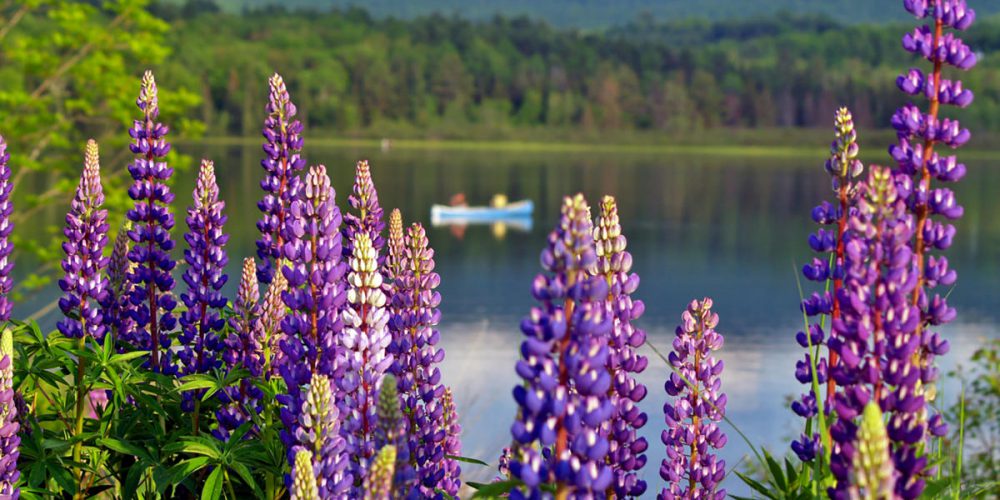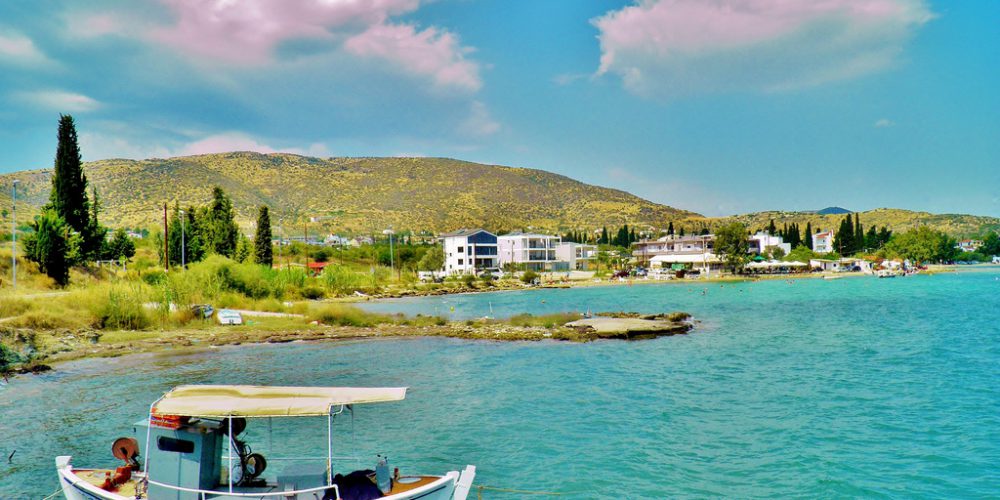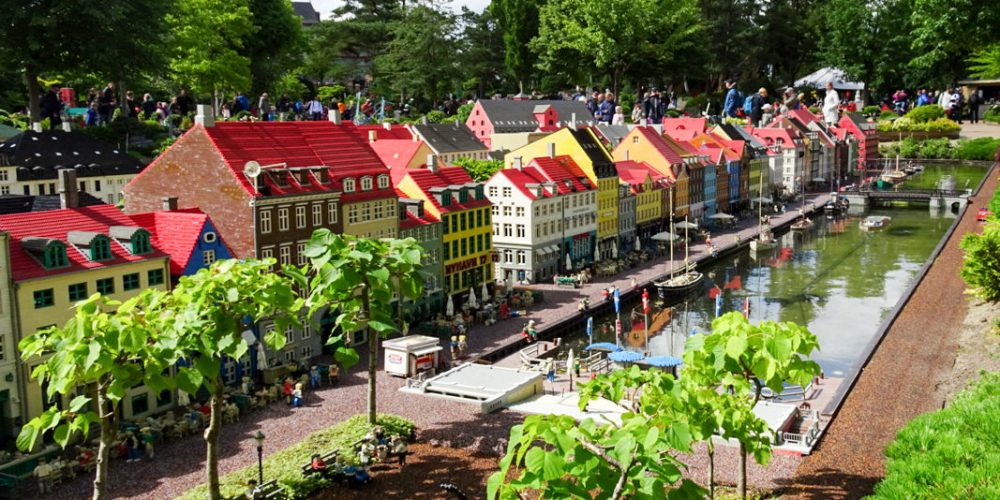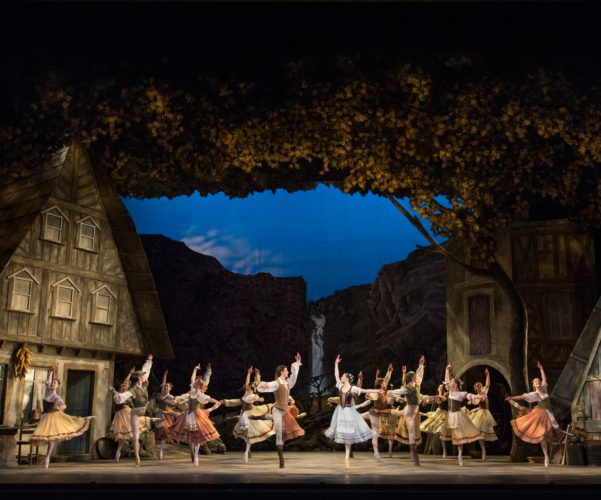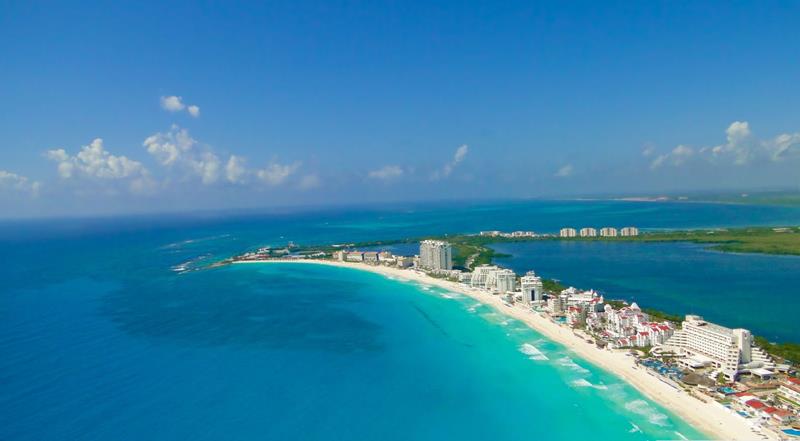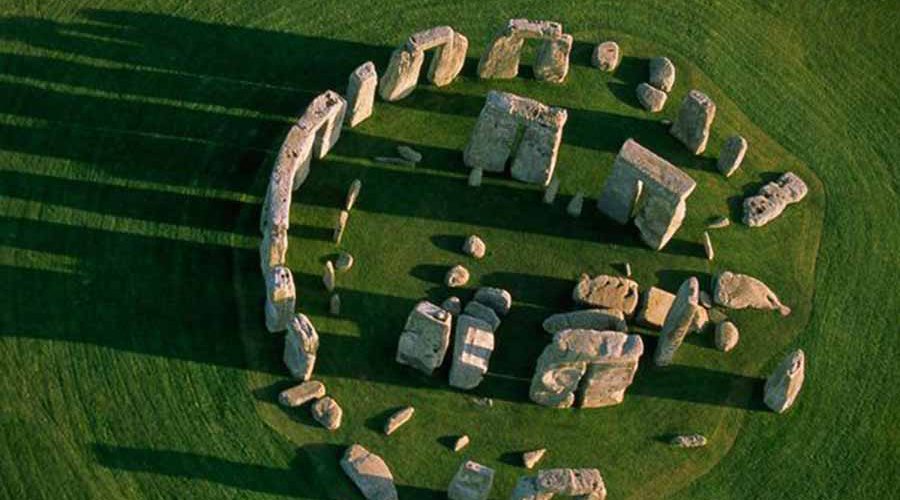The World’s Natural Wonders – in Picture

Stunning images of incredible landscapes inspire a strong desire to travel in DK Publishing’sNatural Wonders of the World but this new book, with an introduction by Chris Packham, also features 3D maps and guides to each location.
Horseshoe Falls, Niagara Falls, Canada-US
Niagara Falls was formed as the Niagara river plunged over an escarpment on its way to the Atlantic Ocean. In a process that continues today, the river eroded layers of soft rock that sat below a harder dolomite caprock. As the soft layers eroded, great chunks of the caprock gave way, leaving a vertical cliff face.
Yukon river, Canada
For much of its lower course, the Yukon is a slow, winding river with many large meanders and oxbow lakes scattered throughout its floodplain. It is the third-largest river in North America, after the Mississippi and the Missouri, but despite this only four bridges have been built across it.
Aletsch Glacier, Switzerland
The largest glacier in Europe is 23km long and covers an area of about 80 sq km. It is formed by the merger of four smaller glaciers that originate on the southern flanks of the Jungfrau and Monch mountains.
Yellow river, China
This is the third-longest river in Asia, and the most silt-laden river on Earth. It takes its name from coloration by the fine, wind-blown sediment, known as loess that it carries along its lower course. The river flows through deep gorges, before it descends on to the NorthChina Plain.

